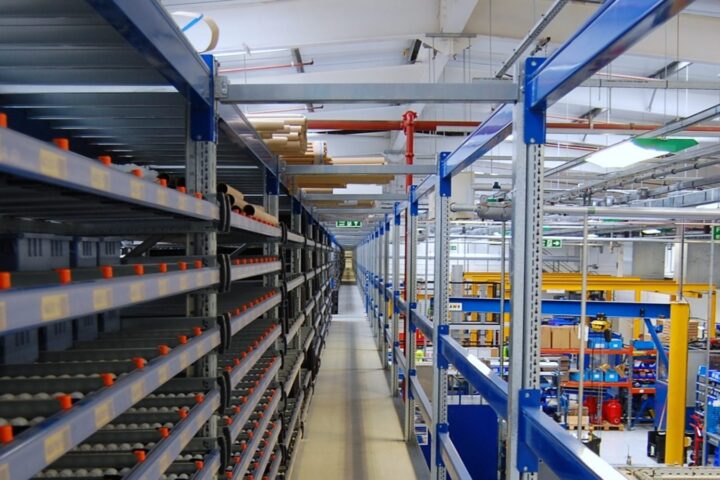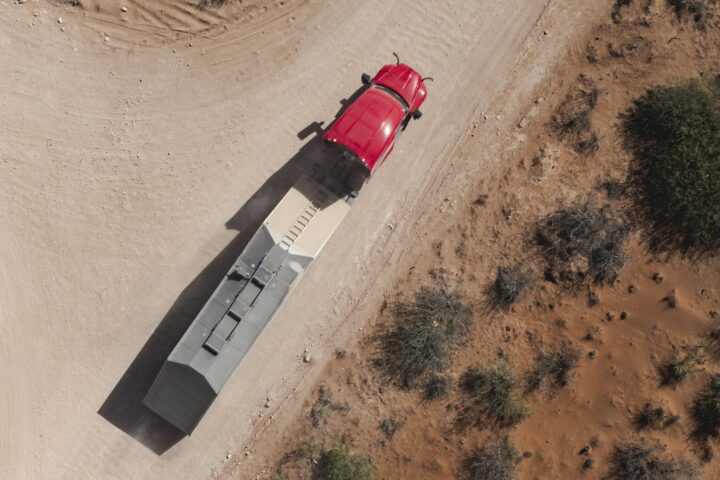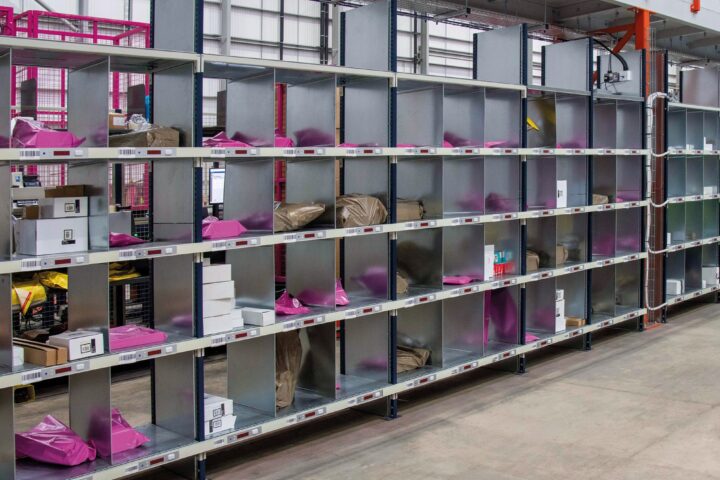The Canadian Trucking Alliance (CTA) is encouraging provincial and federal leaders to remain steadfast in their commitment to get the Canadian economy moving while putting aside regional and national politics for the betterment of Canadians.
This week, following a meeting between the prime minister and premiers to discuss Canada’s economic future, the CTA cited immigration oversight, over which the provinces want more control.
The alliance recently met with transportation deputies from across the country to discuss improvements to productivity and competitiveness that could be brought to trucking.

The CTA sought to combat the underground economy that utilizes immigration schemes linked to forced labor, abuses newcomers, while embarrassing Canada internationally and dramatically increasing the risk to public safety.
“While tax policy, infrastructure investment, and streamlining permitting and licensing regimes remain key, our sector urgently needs the provincial and federal governments to immediately address the underground economy. Part of that solution involves reforming the immigration system – a crisis that will require the regulatory and political leadership of the Council of the Federation and each provincial legislature,” Stephen Laskowski, president of the CTA, said in a news release.
In the past, CTA has outlined to the Council of the Federation the need for immigration reform and a known employer program to prevent the abuse of newcomers and protect road users.
Underground economy
“The underground economy in trucking uses immigration abuse schemes that see thousands of truck drivers in Canada on work permits being paid archaic wages, like from the 1980s,” Laskowski said.
“These drivers are operating on roads in Canada and the U.S. with little, to no training and are being forced to work in exploitative conditions and are subjects of economic servitude. It’s time this system ends. If the Council of Federation is looking for provincial control over immigration, it must recognize the problem it inherits and begins working with the trucking sector to restore order to a broken and abused system.”









